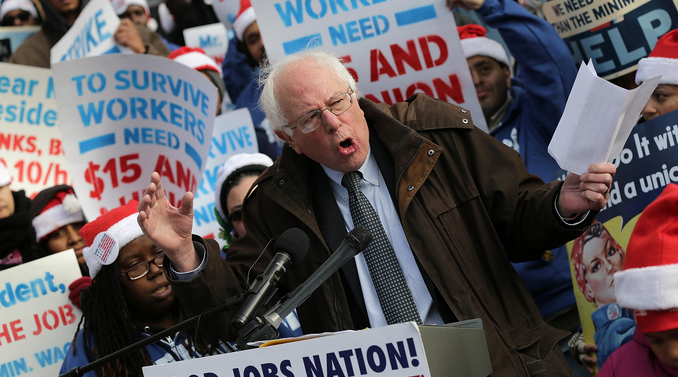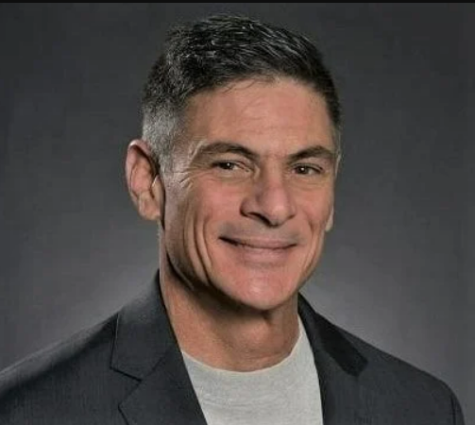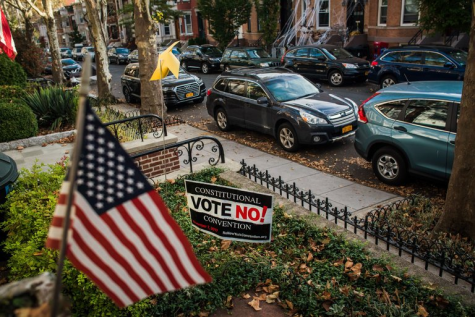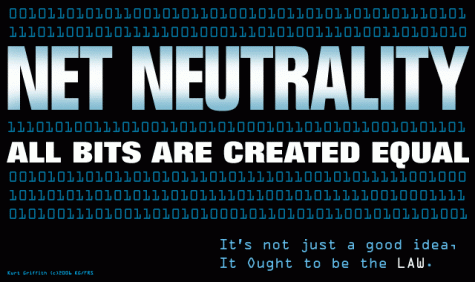Bernie Sanders: The Crusader
If you had asked anyone in April who they thought the Democratic frontrunner would be, they would have likely said Hillary Clinton. Then, on the 30th of that same month, Bernie Sanders, an independent congressman with radical leftist political views (by American standards, that is), announced that he was running for the Democratic nomination. Sanders’ announcement quickly put him on the political map, and he has been gaining momentum ever since.
Platforms
If you have ever seen Mr. Sanders in an interview, you will note that the first issue he is likely to talk about is income inequality. He has claimed many times that the U.S. is now the wealthiest nation that has ever existed on the face of the Earth (an easily contested statement as there are many ways to judge national wealth. For the purposes of keeping readers well-informed, I would like to point out that the U.S. could be ranked the richest in the world by just measuring its GDP, but it falls short when comparing it to GDP per capita or currency reserve value), and has noted how most of the wealth goes to the top one percent of the population. Mr. Sanders intends to fix the income gap by raising taxes on the wealthy and Wall Street speculators, and preventing major corporations from shifting their profits and jobs overseas to dodge taxes. His approach to income inequality doesn’t just involve taking down the rich, however; Mr. Sanders also intends to raise the federal income tax to $15 an hour by 2020.
Another important plank in Mr. Sanders’ campaign is immigration policy. Mr. Sanders has denounced the Republican position of blockading our borders and deporting millions of immigrants, and has spoken out against the mistreatment of undocumented workers. He argues that many of the people who emigrate to the U.S. from Latin America are fleeing poverty and political turmoil to create better lives. He has doubts about trying to improve eco-political conditions in South America as a solution, pointing to NAFTA as an example of how U.S. foreign policy “has too often made difficult economic and political problems even worse.” (Note: The impact of the NAFTA agreement on Mexico is often disputed. NAFTA did increase the nation’s productivity in many sectors, but the number of Mexicans living below the poverty line has increased by 14 million since its implementation. Mr. Sanders is likely referring to NAFTA’s failure to relieve Mexico’s poverty issue when he speaks of NAFTA as an example of failed foreign policy.) Mr. Sanders intends to solve these problems by documenting over 11 million workers to prevent their exploitation, rewriting trade agreements such as NAFTA to better protect the impoverished in both the U.S. and Mexico, signing the DREAM Act into law and expanding President Obama’s DACA program so that more illegal immigrants can be granted citizenship and fewer families are split apart.
Mr. Sanders has ambitious reforms in mind, and although these are two major planks of his platform, he has many more than cannot be described properly here. So if you are curious about Mr. Sander’s other planks, his website extensively details them all.
The Race
From the onset of his campaign, Mr. Sanders has been regarded by his fellow Democrats as a bit of a dark horse. He doesn’t have an iconic name like Clinton and he is a self-proclaimed “democratic socialist.” And yet he is shooting to the top of the polls to the astonishment of many. According to the Huffington Post Pollster, Sanders has the support of 27.1% of Democratic voters for the National Democratic Primary, 47.8% support in New Hampshire, 27.4% support in Iowa and 17.2% in Florida. These polls place him second only to Hillary Clinton in all areas except New Hampshire, in which he is actually the frontrunner. It seems that it might not be too long before he surpasses Hillary Clinton in support for the Democratic nomination. But for the time being, and even if he does eventually surpass her, Clinton is and will continue to be his largest rival in the race.
Overall, it seems that Bernie is doing quite well in the race considering that his campaign runs solely off of donations, and his radically liberal views place him at odds with much of the country and even his own party. He has been described as stalwart and stubborn in his views, and one might wonder how effective Mr. Sanders would truly be if he were elected to office. Currently, Congress is controlled by a Republican majority. So unless there are more Democratic congressmen elected along with Bernie in 2016, his only power will be to veto bills, thus proliferating partisan gridlock. Sanders is a clearly impassioned politician who is blazing a trail to the tops of the polls, but who may not live up to his promises without proper support.







